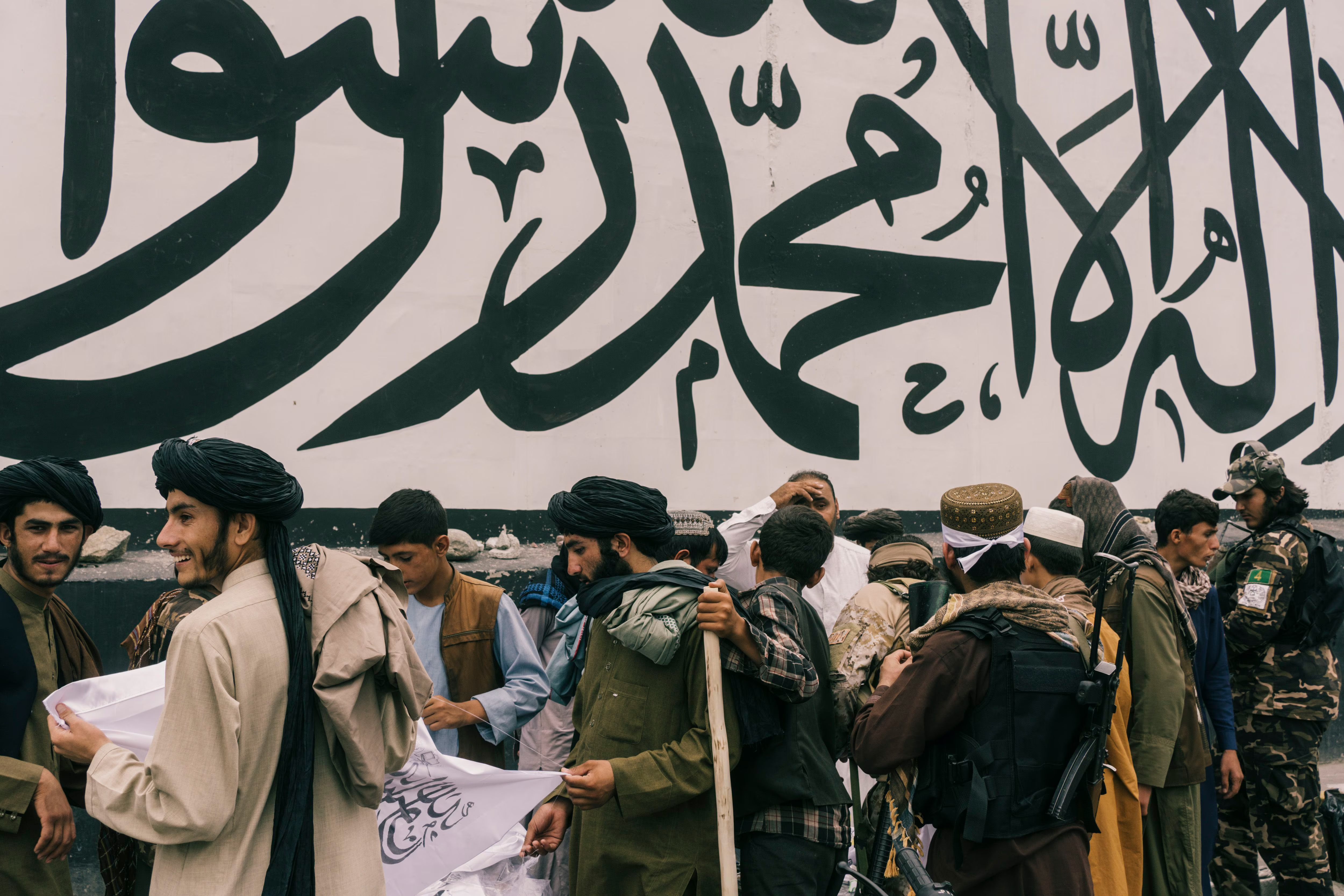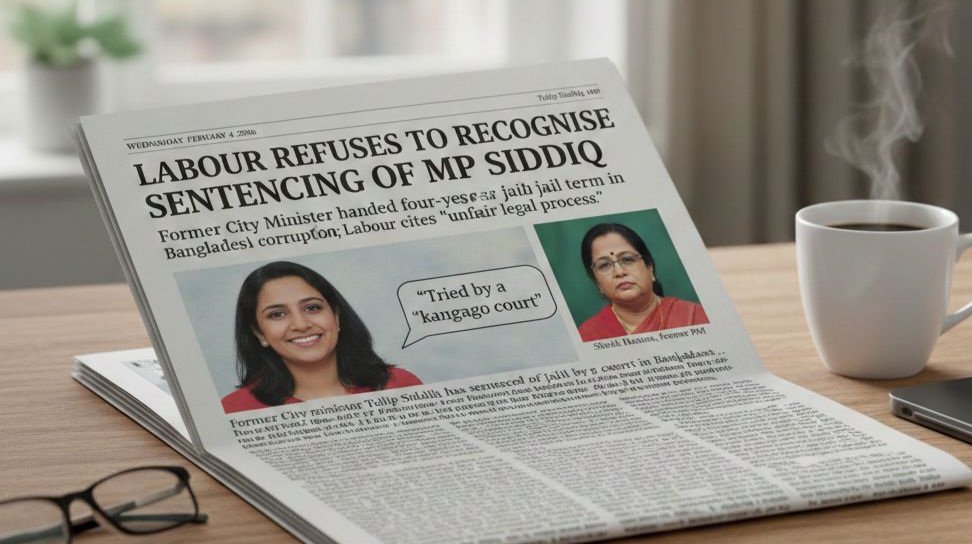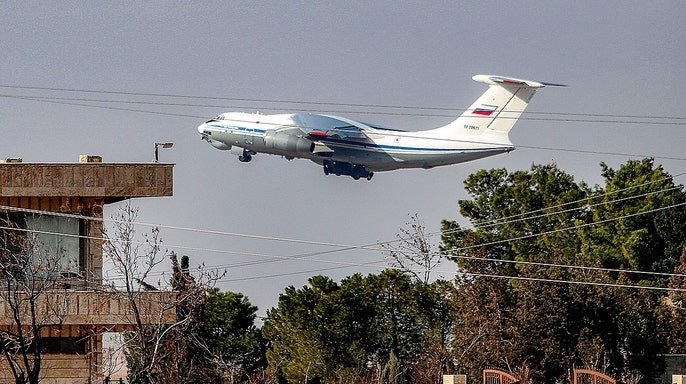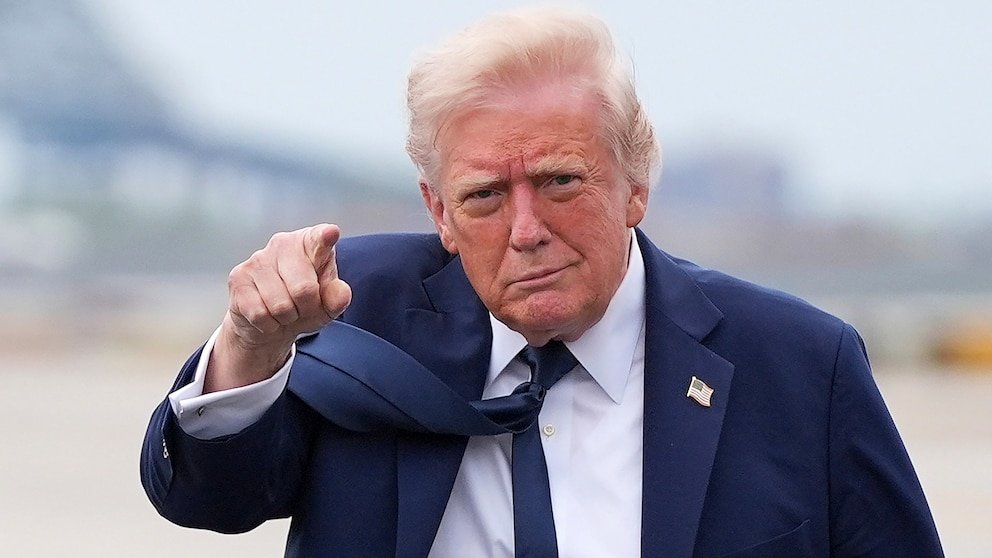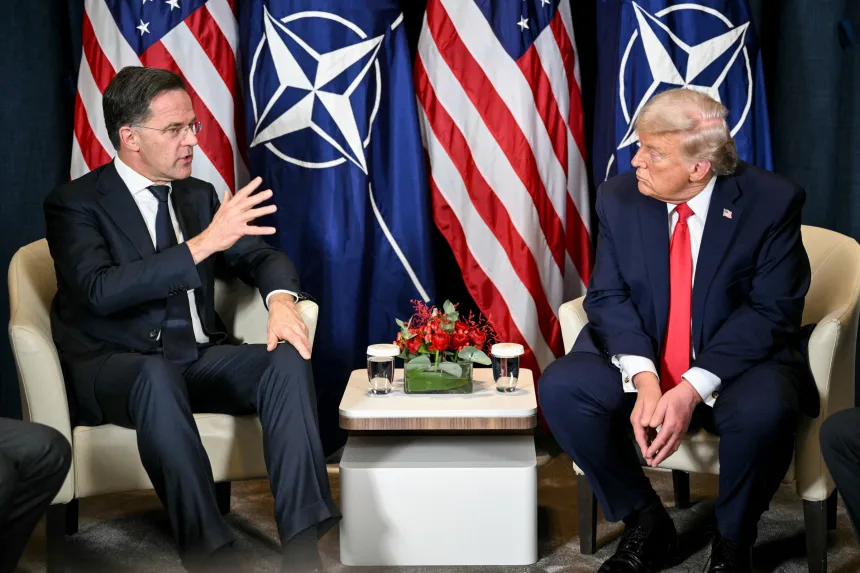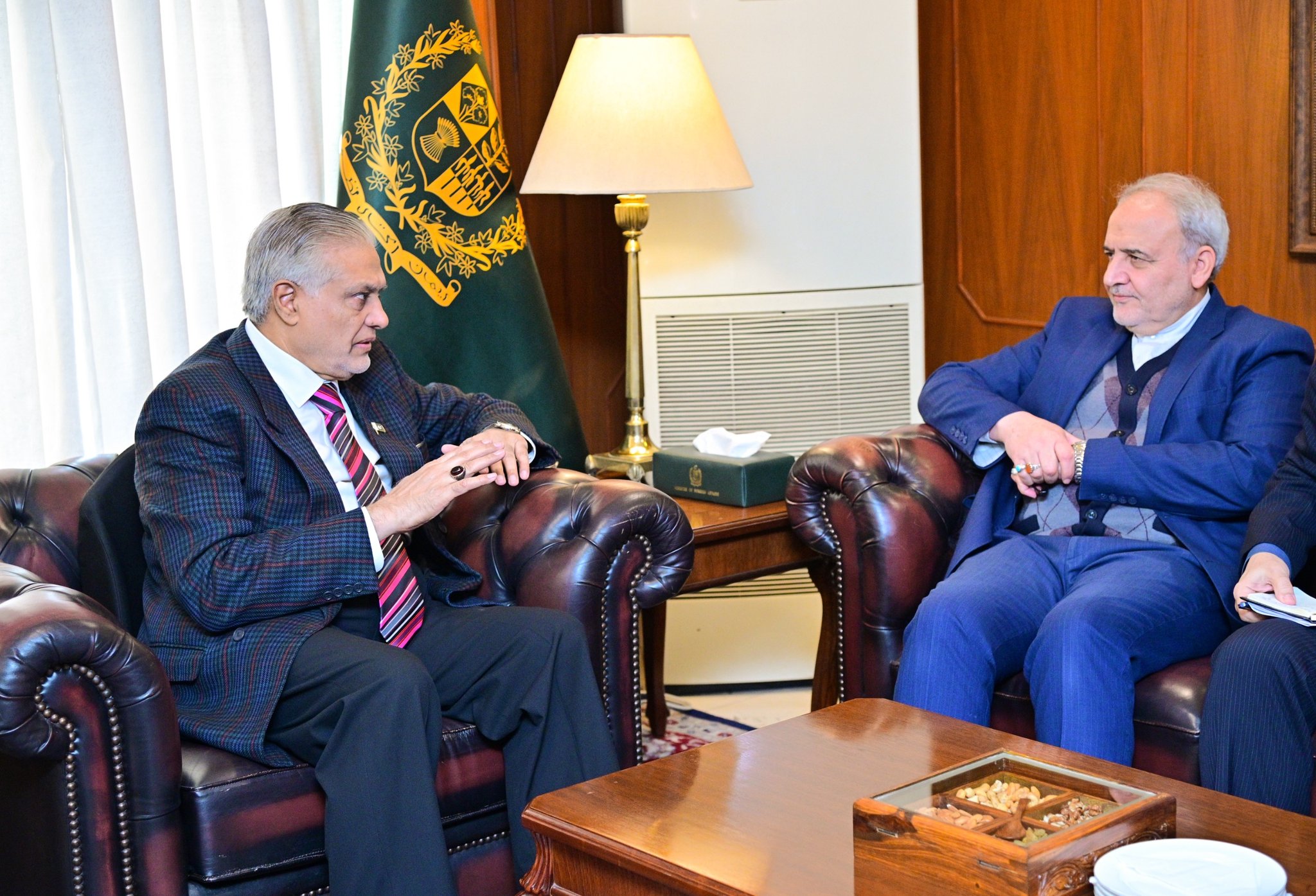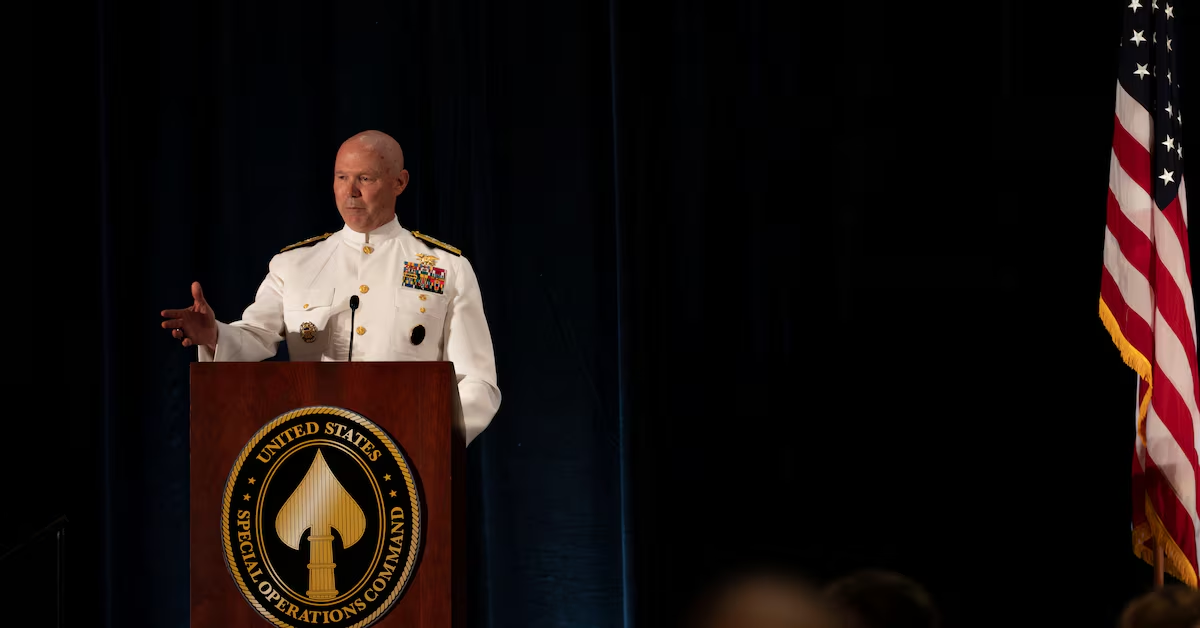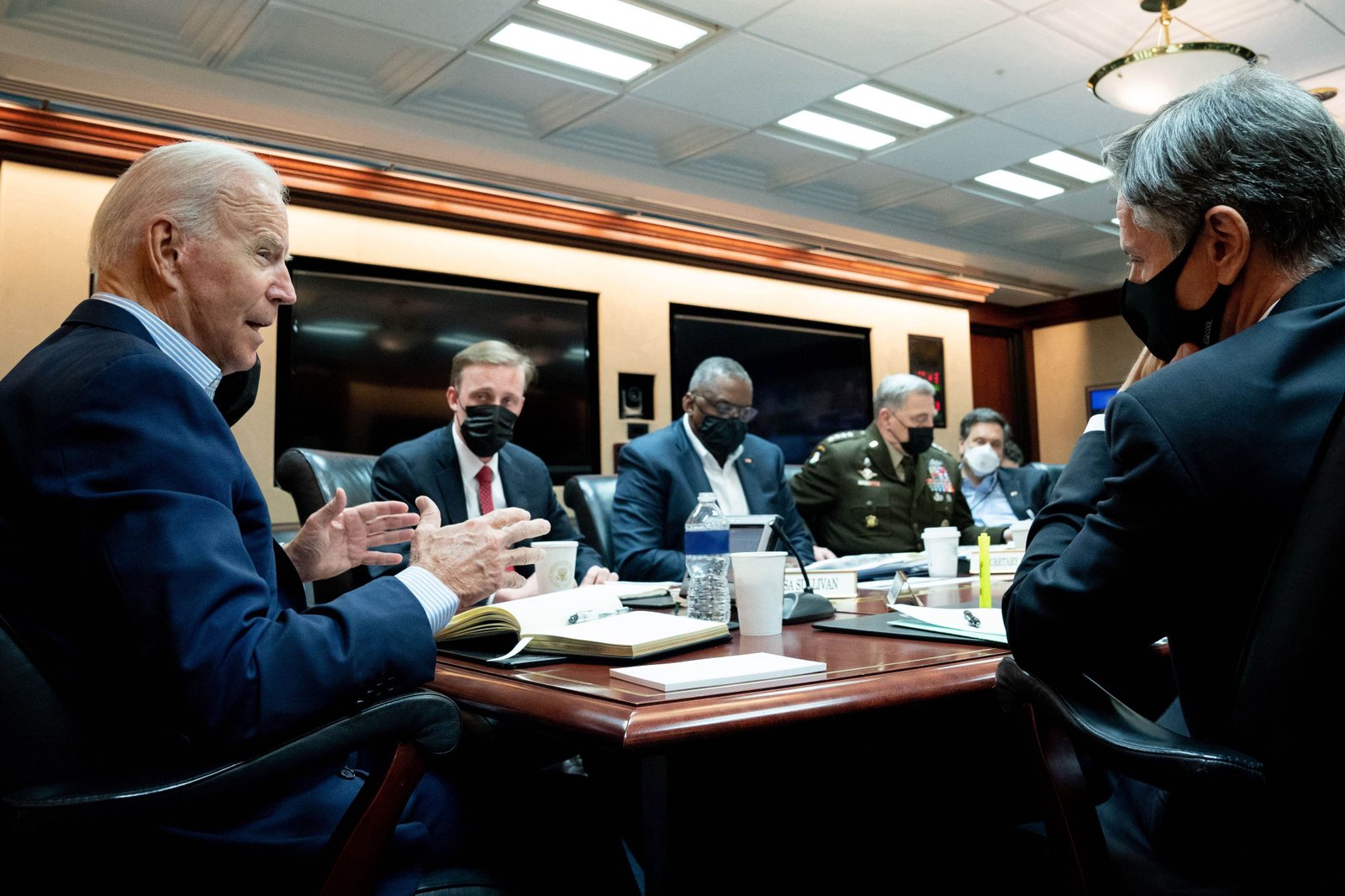“ICC Issues Arrest Warrants for Taliban Leaders Over Gender-Based Persecution in Afghanistan”
The International Criminal Court (ICC) has issued arrest warrants for two senior Taliban leaders over allegations of gender-based persecution against women in Afghanistan.
“ICC Issues Arrest Warrants for Taliban Leaders Over Gender-Based Persecution in Afghanistan”
“ICC Issues Arrest Warrants for Taliban Leaders Over Gender-Based Persecution in Afghanistan”
[The Hague | July 8, 2025]
The International Criminal Court (ICC) has issued arrest warrants for two senior Taliban leaders over allegations of gender-based persecution against women in Afghanistan.
On Tuesday (July 8), ICC judges announced that Taliban Supreme Leader Hibatullah Akhundzada and Chief Justice Abdul Hakim Haqqani are wanted for crimes involving the systematic oppression of women and girls.
In an official statement, the court said:
“While the Taliban has imposed restrictions on the general population, they have specifically targeted women and adolescent girls because of their gender identity, denying them basic rights and freedoms.”
The ICC found that the Taliban regime has severely restricted women’s rights to education, privacy, family life, as well as freedom of movement, expression, thought, conscience, and religion.
Judges also stated:
“Some individuals were persecuted for expressing their sexual or gender identity, as these were seen as conflicting with the Taliban’s gender ideology and norms.”
According to the court, these crimes occurred between August 15, 2021—when the Taliban returned to power—and at least January 20, 2025.
The Hague-based ICC is tasked with prosecuting the world's most serious crimes, including war crimes and crimes against humanity. However, the court does not have its own police force and relies on member states to enforce arrest warrants—something that has seen mixed success historically.
In theory, anyone subject to an ICC arrest warrant cannot travel to a member state without facing the risk of arrest and extradition.
This move marks a historic step in holding the Taliban accountable for human rights violations, particularly those targeting Afghan women and girls under their strict rule.


